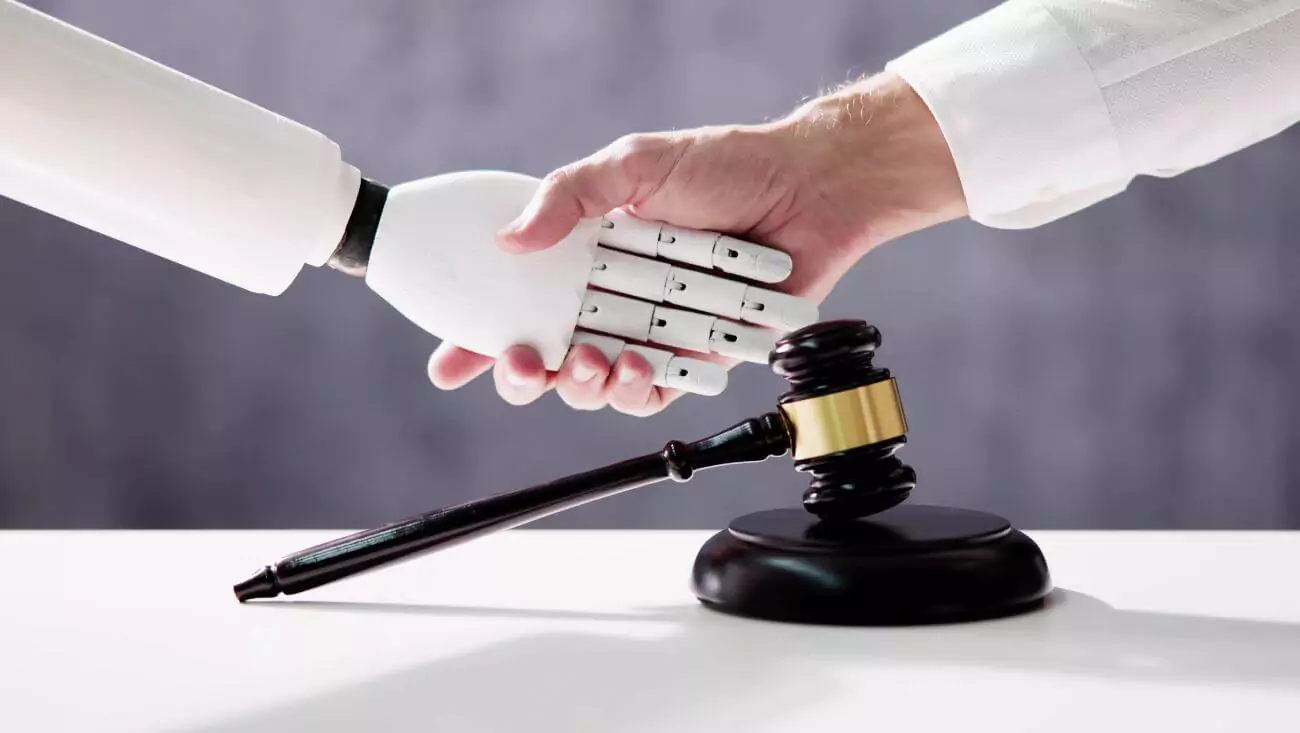This revolution positions the UAE as a pioneer in AI governance. With machines potentially shaping rules, the stakes are high. What could this mean for justice worldwide? Let’s dive into the details.
The UAE’s adoption of AI in lawmaking addresses the need for agile governance in a fast-paced world. The system processes data to propose amendments, ensuring laws reflect current economic and social realities. This builds on the UAE’s reputation as a tech innovator, but it challenges the human role in law, drawing international attention.
The AI works by integrating all UAE laws into a centralized platform, connecting them with judicial and economic data to assess daily impacts. It draws on global research to stay competitive, as outlined in a policy innovation overview. This approach could make legislation more responsive, a priority for a nation driving rapid growth.
The potential benefits are striking. A 70% faster process, detailed in an AI governance explainer, could transform how laws are made. Businesses might see quicker trade regulations, while citizens could benefit from faster housing or education policies. The system’s ability to adapt in real time is a major draw.
However, concerns are mounting. AI’s reliance on data raises the risk of bias, where flawed inputs could lead to unjust laws. Cultural values, central to UAE identity, might be missed by algorithms. Human oversight is planned, but without clear protocols, as noted in a global governance insight, the system’s fairness hangs in the balance. This oversight gap is a critical issue.
The UAE’s move leverages its advanced AI infrastructure, a strength highlighted in an international report. Success could push nations like the US to use AI for healthcare laws or Europe for climate policies. Failure, though, might expose tech limits, warning others against similar experiments. The UAE is now a global focal point.
Public reaction adds another layer. Online forums show excitement about innovation, with some calling it a “future-proof” move, while others fear it could displace lawmakers or erode human judgment. This split, missing from official accounts, reflects a broader societal debate. Over time, it could influence the system’s direction.
Long-term impact is another gap. Will AI sustain fairness over decades, or struggle with crises like economic recessions? The UAE plans a year-long trial to gather data, but these questions linger. The answers will shape whether this revolution endures.
As the UAE tests this AI lawmaking frontier, the world holds its breath. Will it redefine justice or reveal tech’s boundaries? Early results in the coming months will offer clues.
What’s your take on machines drafting laws? Share below and explore more at technocodex.com







